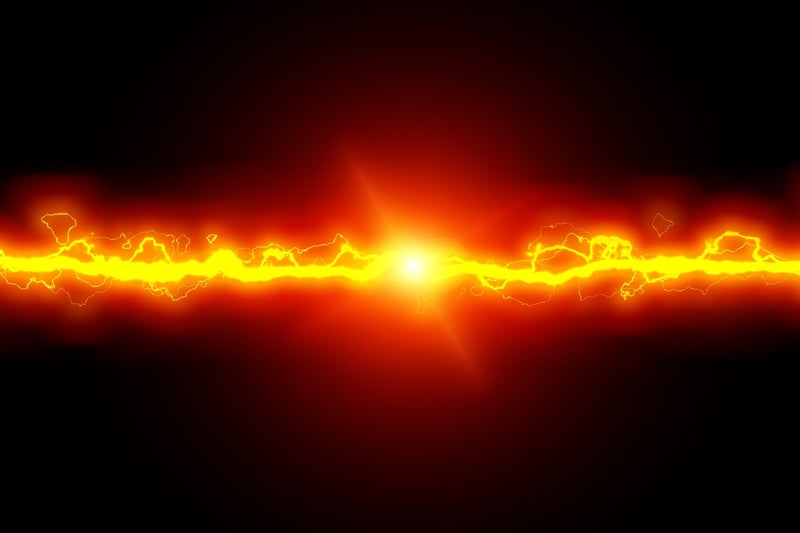Time Dilation
Exploring the Concepts of Force and Time Dilation
When it comes to understanding the fundamental principles of physics, two concepts that often captivate the imagination are force and time dilation. These concepts play crucial roles in shaping our understanding of the universe and how objects interact with each other.
The Concept of Force
Force is a vector quantity that describes the interaction between two objects. In physics, force is defined as any interaction that, when unopposed, will change the motion of an object. Forces can be categorized into several types, such as gravitational force, electromagnetic force, and nuclear force.
One of the most famous equations related to force is Newton's second law of motion, which states that the acceleration of an object is directly proportional to the net force acting on it and inversely proportional to its mass.

The Phenomenon of Time Dilation
Time dilation is a fascinating concept that arises from Einstein's theory of relativity. It suggests that time can appear to pass at different rates for observers in different frames of reference, particularly when they are moving at significant fractions of the speed of light or in the presence of strong gravitational fields.
This phenomenon has been confirmed through various experiments, such as the famous Hafele-Keating experiment, where atomic clocks were flown around the world, demonstrating that time indeed dilates at high speeds.

Conclusion
By delving into the concepts of force and time dilation, we gain a deeper appreciation for the intricate laws that govern the universe. From the subtle interactions of forces on everyday objects to the mind-bending effects of time dilation at relativistic speeds, these concepts continue to push the boundaries of our understanding of the cosmos.
Whether you are a physics enthusiast or simply curious about the mysteries of the universe, exploring these concepts can open up a world of wonder and fascination.
